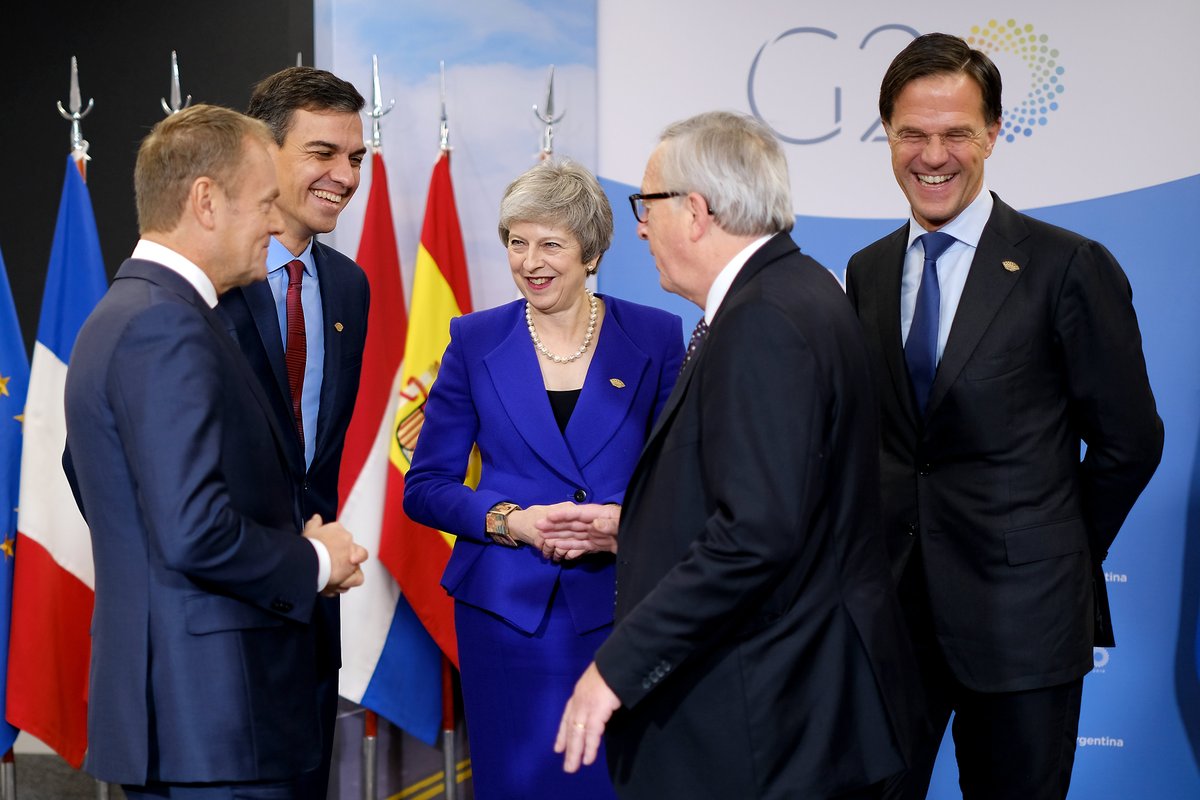[Blog] Has Brexit changed the Czech Republic’s perception of the EU?
Date 20.12.2018

Third year International Relations and Politics student, Karel Visinger, gives us an insight into the public’s view of Brexit and the EU in his home country of the Czech Republic since the referendum in 2016…
Even though we have been members since 2004, for years in the Czech Republic, the European Union had been a big unknown for the public. Prior to 2016, the EU was more or less ignored, politicians rarely spoke about it and the most common answer to the question, ‘what does the EU do for us?’ – being that we can travel around mainland Europe without a passport.
But in 2016, the Brexit vote changed everything.
As a result of the Brexit referendum, the European Union received more media coverage in the Czech Republic than ever before. The referendum resulted in more questions being asked by the Czech public, as to what exactly the EU does and how it influences their lives on a daily basis.
A large percentage of the Czech people do not know how the EU works – and to many, it would seem as though we are being told what to do by a group of bureaucrats in Brussels – who have not even been elected by us and know very little about our country.
Following the referendum, a section of Czech politicians, particularly those on the edge of political spectrum, were inspired by the British’ “Take Back Control” campaign. This subsequently became quite popular especially due to the country’s escalating migration crisis. The EU was demanding that the Czech Republic accepts refugees, which the country are unwilling to do, mainly due to the ongoing threat of international terrorism.
To many the EU dangerously resembles the dictatorship of Moscow not even three decades ago, which can go a long way to explaining the reluctant behaviour of Visegrad countries.
People of these states have long fought for their independence and the right for self-determination. They now have their own states, they are proud and patriotic and they are not willing to give up their sovereignty and their freedom for a large European Federation.
Personally, I feel the European Union is a unique organisation connecting many nations and enabling close ties with one another to build a better future. However, EU leaders should not forget that even though those 28 nations are culturally close to each other, there are still thick boundaries between them – i.e. language, history, culture, habits – and these cannot be overcome easily.
My hope is that the European Union survives, however in order to do that the EU will need to reform, slow down the integration process, simplify the bureaucracy and most importantly try to get closer to the people.